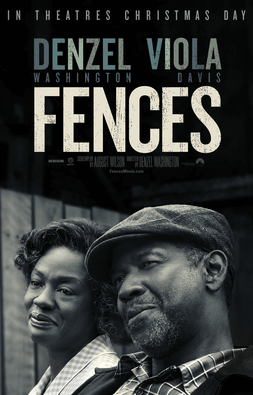34.
Cannibalism: A Perfectly Natural HistoryBook blurb: Eating one’s own kind is completely natural behavior in thousands of species, including humans. Throughout history we have engaged in cannibalism for reasons of famine, burial rites, and medicinal remedies; it’s been used as a way to terrorize and even a way to show filial piety. Today, the subject of humans consuming one another has been relegated to the realm of horror movies, fiction, and the occasional psychopath, but be forewarned: As climate change progresses and humans see more famine, disease, and overcrowding, biological and cultural constraints may well disappear.
I listened to the audiobook which was well narrated by Tom Perkins.
One of my fave questions to ask at parties (I kid you not): Say you are starving and your survival is at stake. Do you feel differently about eating a person who is already dead, as opposed to killing someone to eat? Try it at your next gathering and report back.
This book hits my sweet spot on so many levels. Most people tend to be really squeamish about the topic, but if you're not a vegetarian, what's all the fuss about? Who decided that we can eat some animals and not others? Besides, if you think that cannibalism is awful, you might want to put it in perspective. Considering the horrid historical accounts of human behavior, eating your fellow Sapiens doesn't really seem all that bad.
This is a fun, informative, and eye opening book, and I learned so many things about the animal kingdom I had no idea about. I'll bet school would be much more interesting if some of these topics were incorporated into the curriculum.
I could talk about some of the specifics, but then that'd spoil all the fun for you. I assure you that it's full of fascinating and juicy tidbits. The author stays away from sensational crime stories, so if you are looking for recipes, look elsewhere, but if you are willing to have "no way!" moments, and are willing to annoy your loved ones by constantly saying "did you know?", move this up your TBR.
This will end up on my best of 2017 reads, and the only reason I docked a star is due to the fact that there are sections, like the final chapters, where the author gets side tracked and wanders off topic. Rating: 4 stars.
35.
The South Beach DietFirst read in 2005, then again in 2012. Recently completed a full re-read.
This book changed my life, my health, my understanding of so many things. It was the first time I'd read a book that validated my sense of the notion that Big Pharma prefers us to be sick for many, many years. After all, that's where the money's at. It was the first time I undersrood that I knew what was better for me than my pill-pusher of a PCP, who wanted me to go on cholesterol meds. For how long? For life, she said. Wrong answer! Told her to give me six weeks and if my numbers didn't improve we'd have another discussion.
Changed my diet (and I mean that in the true sense of the word, not as a fad) as outlined in this book, and my number went back to normal. She was shocked, and asked ME how I did it. It's taken me a long time to realize that doctors are trained, and trained well, to help with meds and other high tech interventions, but they actually get very little education about the role nutrition and lifestyle play in preventing most diseases in the first place. All you gotta do is look and see what your health insurance will cover: primarily meds and other expensive interventions. And while I'm all for getting the expensive, maybe life saving interventions when needed, I learned that I needed to take responsibility for the prevention portion of the equation.
This re-read was to motivate and remind me to recommit to being as healthy as I can be for as long as possible.
A note on the meal plans: I no longer use the meal plan or recipes in this book, but use the guidelines to make tasty and nourishing meals that follow the spirit of the plan. Rating: 5 stars.
36.
The Arab of the Future 2: A Childhood in the Middle East, 1984-1985: A Graphic MemoirThis graphic memoir picks up where the first volume left off, and the family has now settled in Riad's father's hometown of Homs. The author starts to attend school and tries to fit in, but this is Syria under the dictator Hafez Al-Assad, and with his blond hair the author is often mistaken for a Jew, and is treated in ways that shouldn't surprise anyone.
Being a child in an adult world is bewildering in the best of times, and I love how we get glimpses of moments small and large in young Riad's life, juxtaposed with the politics, religion, and poverty of the environment he now inhabits. His awful teacher reminded me of many nuns of my youth, and with her headscarf, she even looked like my tormentors of old, albeit without the short skirts and high heels. There should be a support group for kids who endured these type of teachers. In some ways this is the ordinary life of an ordinary child, but this particular child is lucky enough to also get exposed to different ways of being in the world. The art style is not one I love, but it gets the point across, and I really like how the colors used evoke the appropriate mood for the various settings in this book.
How often do we really think about how much children are affected in ways large and small by the whims of their parents? This thought provoking memoir does just that. I highly recommend this series, and cannot wait for the next installment. Rating: 4 stars.





